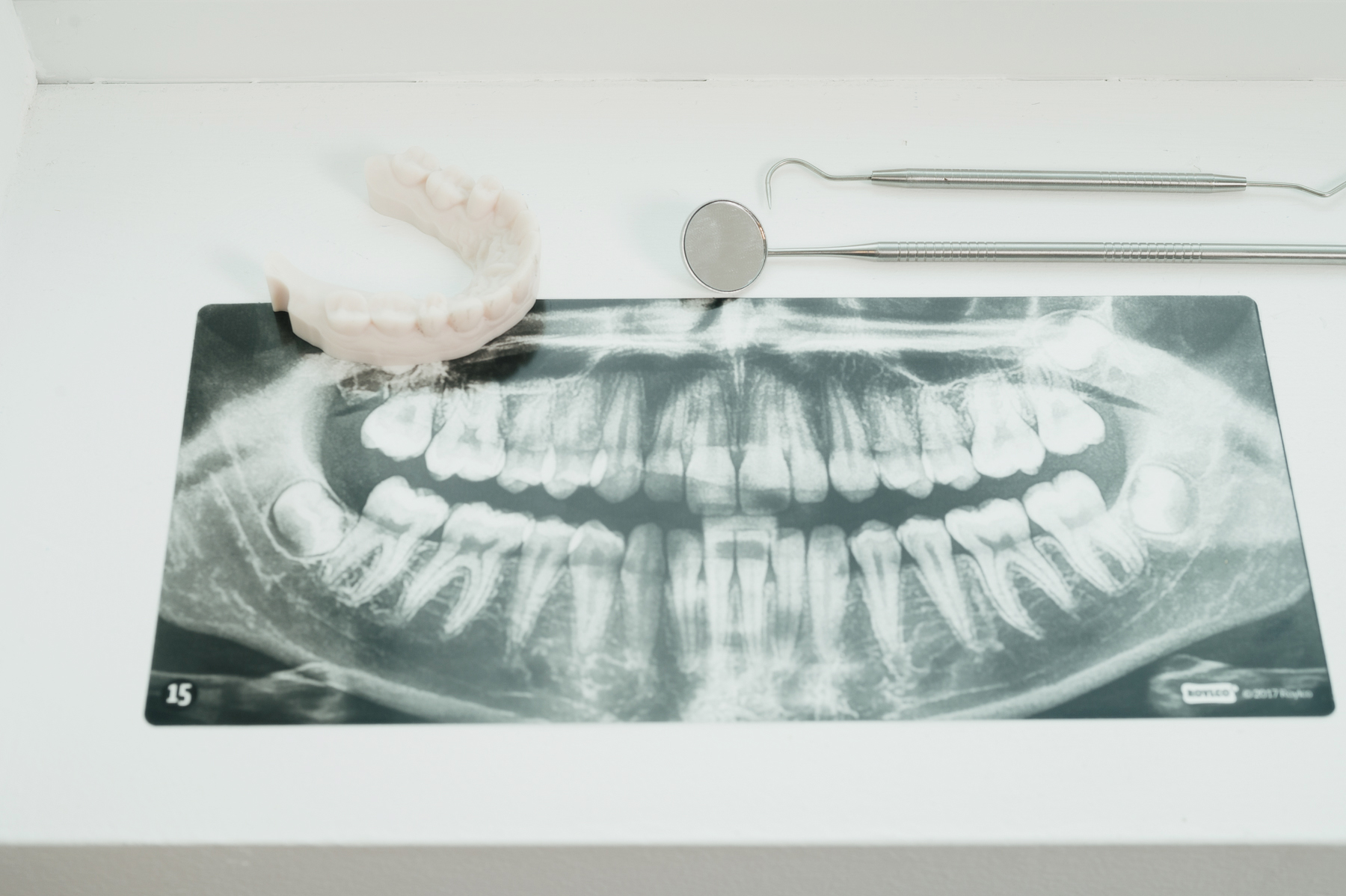
If you’ve been dealing with jaw pain or discomfort, you may wonder, can stress make TMJ worse? The answer is yes – stress can play a significant role in the development and exacerbation of temporomandibular joint (TMJ) disorders.
What Is TMJ and Its Symptoms?
TMJ refers to the jaw joint and the muscles surrounding it. Issues with this joint can lead to various symptoms, including:
- Jaw pain or tenderness
- Headaches
- Earaches
- Difficulty chewing
- Clicking or popping sounds when moving the jaw
These symptoms can greatly impact your daily life, making it challenging to eat or speak comfortably.
How Stress Affects TMJ
Stress often leads to physical reactions, including muscle tension, which can aggravate TMJ disorders. When you’re stressed, you might unconsciously clench your jaw or grind your teeth, a condition known as bruxism. This habit can put additional pressure on your jaw, worsening pain and discomfort.
Moreover, stress can impact your overall health and lead to sleep disturbances and increased sensitivity to pain. As a result, the cycle of stress and TMJ can become self-perpetuating, where stress causes jaw problems.
Managing Stress to Alleviate TMJ Symptoms
Addressing the underlying stress is crucial for managing TMJ symptoms. Here are some strategies that can help:
- Relaxation Techniques: Practices such as deep breathing, meditation, and yoga can help reduce stress levels and promote relaxation in your jaw muscles.
- Physical Therapy: A physical therapist can provide exercises and stretches specifically to relieve jaw tension and improve mobility.
- Lifestyle Changes: Regular exercise, a balanced diet, and sufficient sleep can improve your well-being, helping you manage stress.
- Dental Interventions: In some cases, a dentist may recommend a mouthguard to prevent teeth grinding, which can relieve pressure on your jaw.
Schedule a TMJ Consultation in Ashland, OH
Recognizing the impact of stress on TMJ is a big step toward finding relief. If you’re experiencing TMJ symptoms, don’t hesitate to reach out for support. At Priest Dental in Ashland, OH, we can provide personalized care and strategies to help you manage your TMJ disorder.
If you have questions about how stress affects your TMJ or would like to discuss treatment options, contact Priest Dental at 419-289-1813 to schedule a consultation. We are here to help you achieve a pain-free life.

